The challenges which society faces are complex and multidimensional, leading to new paradigms associated with sustainable development.
To be promoters of change, the 21st century professionals must be endowed with solid scientific knowledge and, most importantly, must hold the capacity to incorporate it in order to understand the interactions between global, natural, social and human systems, and how such interactions affect the sustainability contests.
Building this new scientific area requires assimilation of knowledge and mastery of tools that are seldom addressed by individual disciplines and scientific areas with an integrated approach. Today, disciplinary science deeply contributes to understand the function of the various pieces that make up our world but has gaps in understanding how these parts relate to each other.
The Universidade de Lisboa Doctoral Degree in Sustainability Science addresses this challenge by offering: an innovative program which seeks interdisciplinarity, the application of science to real problems, and the integration of knowledge and innovation with the participation of society and citizens.
The goal of this Doctoral Degree is to promote excellent and internationally competitive advanced training, transversely integrating solid and up-to-date knowledge for sustainable development.
The Study Cycle is oriented to provide human resources with tools to understand and respond to current and future challenges that are posed to sustainability and result from understanding the interactions between global, natural and social systems to create new solutions and innovative policies.
The Universidade de Lisboa's Doctoral Degree in Sustainability Science focuses on the food production and consumption dimensions as the leading drivers of sustainability challenges.
It recognizes that understanding food systems and acting on the global food system are central instruments for sustainable development, requiring research on the interactions between ecology and socio-economy.
Considering this context, this programme was designed under the scope of the Food, Farming and Forestry College (F3).
The required change to reach sustainability needs a responsive pedagogical model that is also attentive to the transition to new forms of skill acquisition and knowledge-building.
This Doctoral Degree is unique in the way it combines a truly multidisciplinary composition of its Faculty members with immersive education processes. Acquisition and integration of new knowledge is rooted in project team work, autonomous work and use of information and communication technologies, with Professor monitoring and supervision through multidisciplinary discussion and debates.
The programme opens with curricular units designed to deepen scientific skills, translating in a Doctoral Degree, with a duration of 2 semesters and a workload of 60 ECTS.
The curricular units are sequentially arranged according to their purpose of subject framing, thematic amplification and orientation for thesis.
The following three years are dedicated to the development of the doctoral thesis and include two seminar courses that ensure the continuity of interaction and knowledge exchange between students in each cohort, and between them and all professors associated. Seminars will further promote the participation of professionals from sectors related to the Doctoral Degree thematic fields and national and international renowned personalities, providing students a privileged contact with real organizational and business environments and with additional perspectives on the challenges addressed.
| Curricular Unit | Scientific Field | Coordination | Duration | ECTS | |
|---|---|---|---|---|---|
| SUBJECT FRAMING | Food Security and Global Dynamics | CS | João Baptista Luís Goulão |
1st Semester | 3 |
| THEMATIC AMPLIFICATION | Biodiversity and Ecosystem Services | LC | José Carlos Franco Tiago Capela Lourenço |
1st Semester | 6 |
| THEMATIC AMPLIFICATION | Use of Resources - Water and Soil | EC | Paulo Seixas Rui Bessa |
1st Semester | 6 |
| THEMATIC AMPLIFICATION | Social Practices, Food and Health | HEA | Idalina Sardinha Maria Henriques |
1st Semester | 6 |
| THEMATIC AMPLIFICATION | Sustainable Development Value Chains and Territories | ENV | Luís Moreno Magda Fontes |
1st Semester | 6 |
| ORIENTATION FOR THESIS | Seminars I | ENV/EC/LC/SC/HUM/HEA | Amélia Branco Luís Goulão |
1st Semester | 3 |
| ORIENTATION FOR THESIS | Innovation and Entrepreneurship | SC | Luís Mira Rute Saraiva |
2nd Semester | 6 |
| ORIENTATION FOR THESIS | Research Methods and Techniques: Laboratory Rotation | ENV/EC/LC/SC/HUM/HEA | Mónica Truninger Paulo Morgado |
2nd Semester | 6 |
| ORIENTATION FOR THESIS | Retreat | HUM | José Palma-Oliveira Margarida Tomé |
2nd Semester | 6 |
| ORIENTATION FOR THESIS | Optional CUs | VAR | 2nd Semester | 12 |
| Curricular Unit | Scientific Field | Duration | ECTS | |
|---|---|---|---|---|
| ORIENTATION FOR THESIS | Thesis | SUS | 1st Semester | 30 |
| ORIENTATION FOR THESIS | Thesis | SUS | 2nd Semester | 27 |
| ORIENTATION FOR THESIS | Seminars II | ENV/EC/LC/SC/HUM/HEA | 2nd Semester | 3 |
| Curricular Unit | Scientific Field | Duration | ECTS | |
|---|---|---|---|---|
| ORIENTATION FOR THESIS | Thesis | SUS | 1st Semester | 30 |
| ORIENTATION FOR THESIS | Thesis | SUS | 2nd Semester | 27 |
| ORIENTATION FOR THESIS | Seminars III | ENV/EC/LC/SC/HUM/HEA | 2nd Semester | 3 |
| Curricular Unit | Scientific Field | Duration | ECTS | |
|---|---|---|---|---|
| UC DESENVOLVIMENTO DA TESE | Thesis | SUS | 1st Semester | 30 |
| UC DESENVOLVIMENTO DA TESE | Thesis | SUS | 2nd Semester | 30 |
Legend:
ENV: Environmental Sciences; SC: Social Sciences; EC: Earth Sciences; LC: Life Sciences; HUM: Humanities; HEA: Health; SUS: Sustainability Sciences; ENV/EC/LC/SC/HUM/HEA: any scientific area from the Programme Study Cycle; VAR: Variable (any scientific area).
This Study Cycle engages 55 professors from 17 Faculties and Institutes of Universidade de Lisboa, ensuring the interdisciplinary mandatory to sustainability science. A truly multidisciplinary character is innovative, and can be seen in the shared responsibility between natural sciences and social sciences in the coordination, organization and teaching of each curricular unit, as well as in the co-supervision of theses by professors affiliated to Faculties/Institutes dedicated to different knowledge areas.
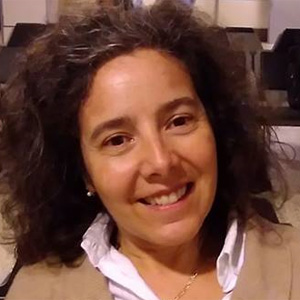
História Contemporânea
School of Arts and Humanities (FL)
From February 26th to May 20th 2024
1st year: 2.750,00 EUR
2nd - 4th years: 1.750,00 EUR
Friday afternoon (2pm - 8pm) and Saturday morning (9am - 1pm)
Rectory of Universidade de Lisboa
Alameda da Universidade, Cidade Universitária, 1649-004 Lisboa (map)
A Master's Degree, or legal equivalent, in any area of knowledge is required. Holders of a 'Licenciatura' Degree, or legal equivalent, and holders of an academic, scientific or professional curriculum especially relevant may also be eligible after curricular assessment by the Scientific Commission.
Completed online through the "Fenix Portal":
Do you have questions? See how to apply here
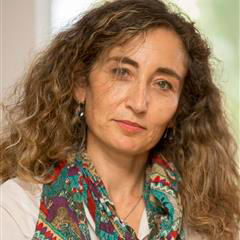
(Coordinator)
Lisbon School of Economics & Management (ISEG)
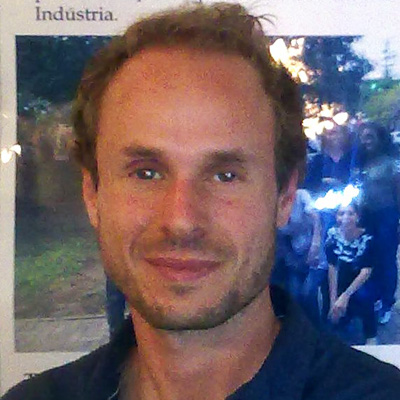
(Vice-Coordinator)
School of Agriculture (ISA)
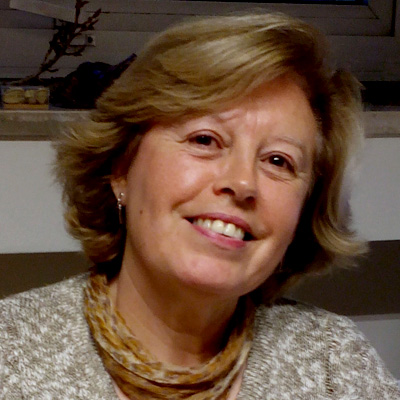
Institute of Education (IE)
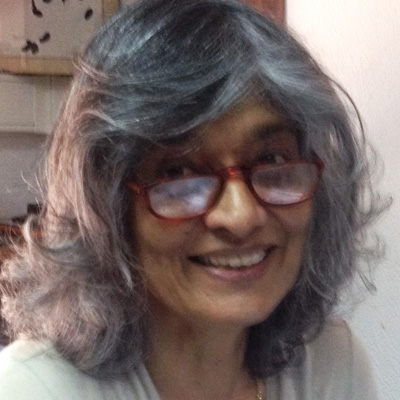
School of Agriculture (ISA)
The doctoral degree in Sustainability Science was accredited by the Agency for Assessment and Accreditation of Higher Education (A3ES) on November 10th of 2017, with the number NCE/16/00058, for a period of 6 years, from July 31st of 2017 and registered by the Directorate General for Higher Education (DGES) on December 22nd of 2017, with the number R/A- Cr115/2017.